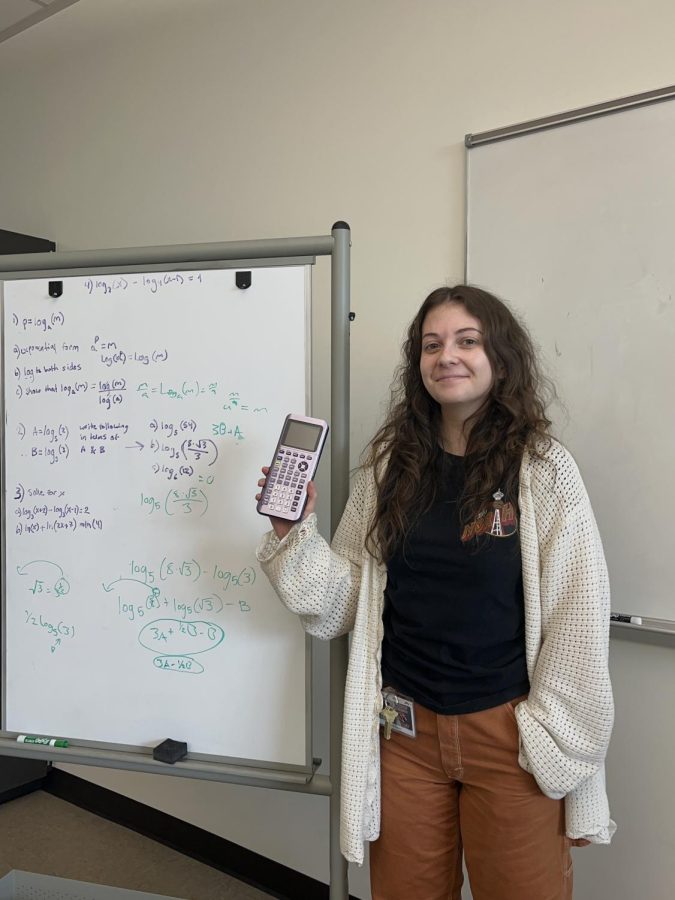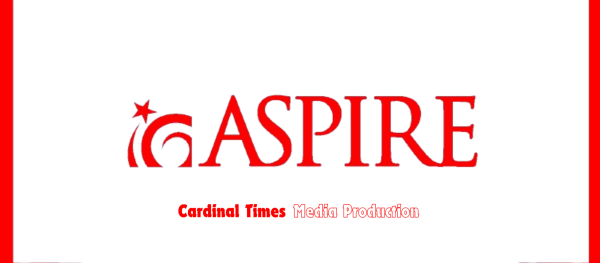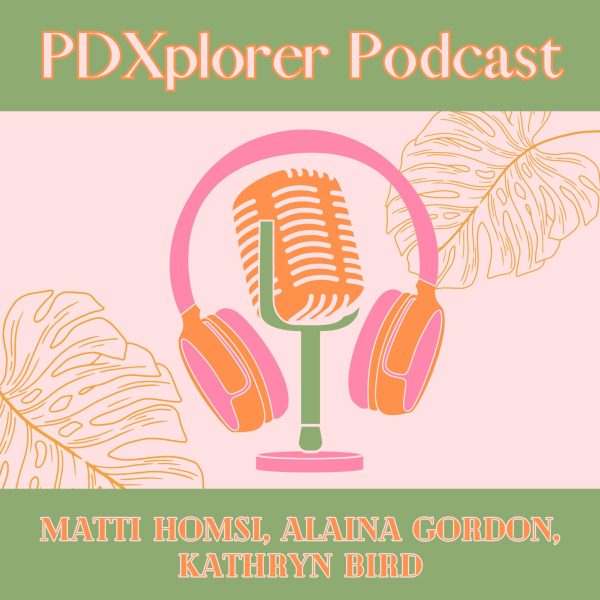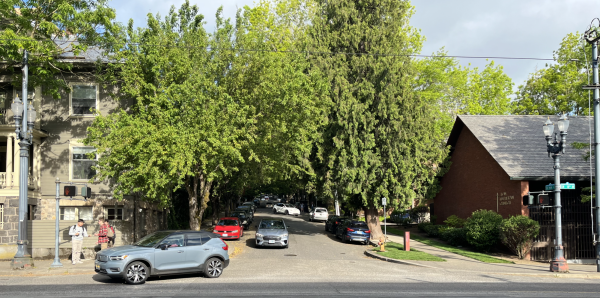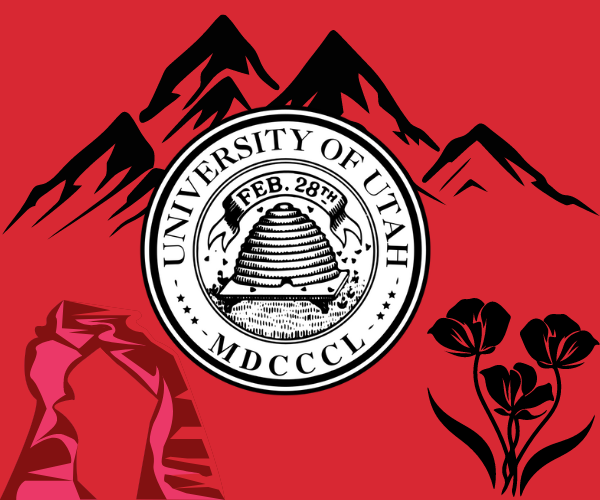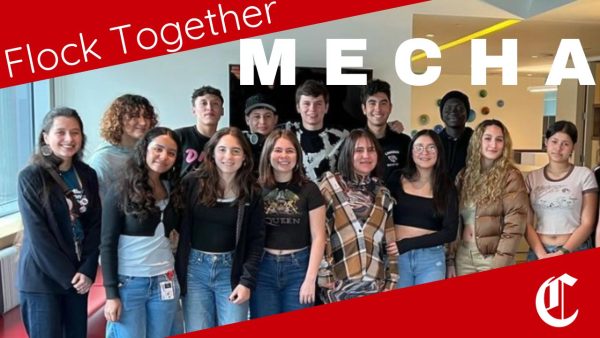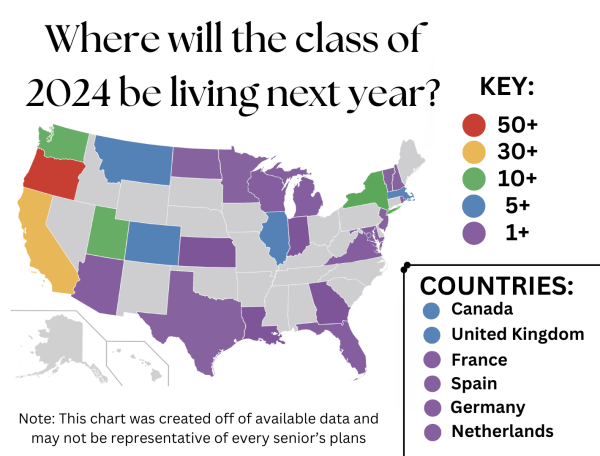Leading women in STEM at Lincoln
Sarah Bestor is a female-identifying educator in STEM. In recent years, Bestor has been responsible for teaching IB math courses at Lincoln.
Looking at the positions held in science, technology, engineering, and mathematics (STEM) around the world, women remain underrepresented, with The National Girls Collaborative Project reporting that women constitute only 34% of the STEM workforce. Gender inequity within STEM fields most heavily impacts Latina, Black and Indigenous women who employ less than 10% of all positions.
Sarah Bestor, a math and AVID teacher at Lincoln, has personally felt dissuaded from pursuing a STEM profession in the past. Bestor shares that it was women educators in her life that helped guide her into teaching mathematics.
“There was discouragement, but I also had three female math teachers in high school that were really positive role models for myself in what I wanted to study,” said Bestor.
Maggie Raczek, who teaches biology, believes that the representation of women educators throughout the math and science departments at Lincoln is encouraging young women within the community to pursue STEM careers.
“In the science department, we have as many female-identifying educators as we do male-identifying, and I think that sends a message to students,” said Raczek. “Our IB physics teacher [Angie McVay] is a woman, which is pretty incredible because usually there is a division in life sciences being taught by females and the physical sciences being taught by men.”
Bestor feels that educators can play an important role in disrupting the gender gap present in STEM fields.
“In my own classroom, I make sure that we have diversity in who is answering questions and taking the lead in problems,” said Bestor. “No matter the identity of that person, they need to be sure that they are sharing the work and making everybody feel safe in that space.”
Raczek has been transparent about her encounters with sexism.
“I will encounter male students who question my understanding of the material because I’m a woman,” said Raczek.
Bestor and Raczek recognize the challenges and barriers women entering STEM professions face. Both educators have placed emphasis on having strong support systems and perseverance.
“I have thick skin which helps me so I don’t get hurt, but I still think it’s really important to stand up against sexism,” said Bestor. “When you face people who are going to bring you down, there are still always going to be the people who don’t; they might not be STEM majors but find the people who are going to cheer you on.”

